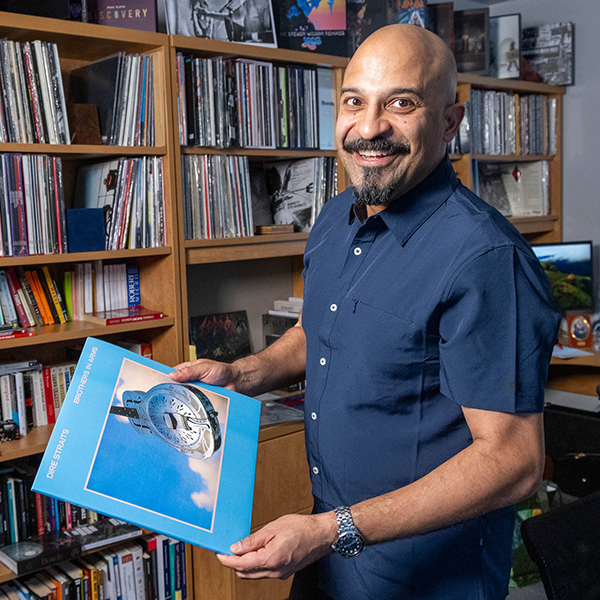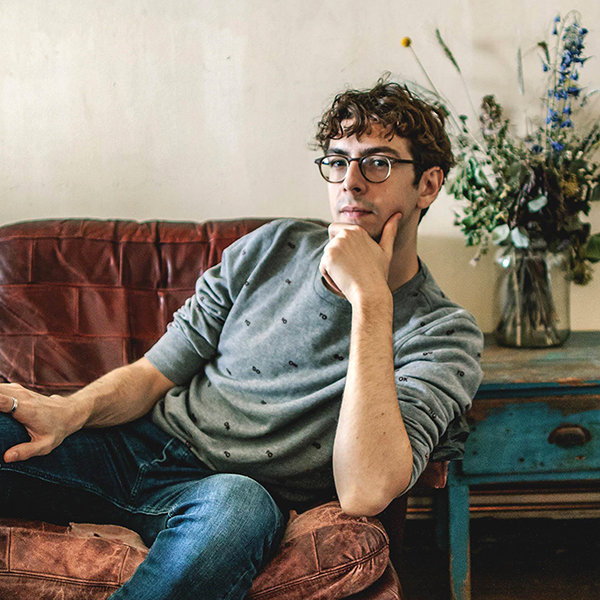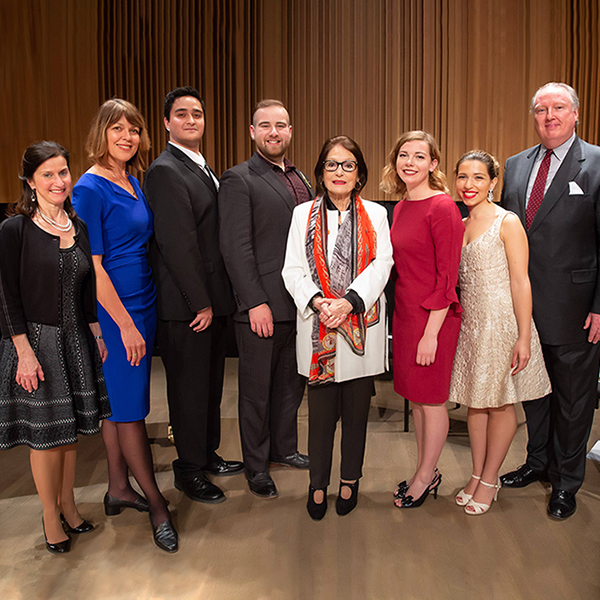Canadian music composer Matthew Ricketts, BMus’09, has lived in New York for more than a decade, but he never feels very far from Montreal. Whether it’s for collaborations, competitions, guest presentations, or, as he puts it, simply “haunting the hallways” of his alma mater, Ricketts always finds a way back to the city where he once studied music composition at McGill.
Ricketts had an especially good reason to return to McGill this September: he won the second edition of the Graham Sommer Competition for Young Composers. The competition, open to Canadian composers under the age of 35, hopes to spur the creation of new works of chamber music.
The competition was created thanks to the support of the late Graham Sommer, MDCM’72, a long-time professor of radiology at Stanford University, who was also a talented pianist.
This year, the first and second prizes, as well as the people’s choice awards, were all won by Schulich School of Music alums.
Ricketts earned the $18,000 first prize for his composition “Still There.” The Sommer Competition gala and concert, at which all the finalists’ works were performed, took place at Pollack Hall on September 26. The $12,000 second prize was awarded to Alec Hall, BMus’07, for his work “The National Anthem.” “Burning in Clarity,” by Michael Kim-Sheng, MMus’18, received the $6,000 People’s Choice Award.
“It was a great experience to hear my piece [performed], and the other four new works, which were all quite different,” says Ricketts. “The jury certainly deliberated for a very long time,” he adds. “So perhaps they also found it challenging to judge the works against each other!”
The jury, chaired by Douglas McNabney, a recently retired associate dean at the Schulich School, included Juno Award-winning composers Brian Current, BMus’96, and Ana Sokolović, music journalist Caroline Rodgers, composer/novelist Nicolas Gilbert, DMus’08, Conservatoire de musique de Montréal professor Helmut Lipsky, and Danièle LeBlanc, the executive and artistic director of Jeunesses Musicales Canada.
The five finalists were commissioned to write new pieces for piano trios.
“All five works were written just for this competition,” Ricketts says. “You had to write for a standard piano, violin and cello, and the length as well was sort of determined at around nine to 12 minutes. That way we created similar-sized pieces, so they didn’t have to a judge a one-minute piece against a 30-minute one.”
Like most composers, Ricketts feels comfortable with limitations. After all, he doesn’t usually get carte blanche or unlimited resources. “Still There” was born from a simple idea that he expanded upon from the comfort of his own home.
“I’m a pianist myself, so I composed the piece at my piano,” he explains. “The piece is very much about fingers on keys, and the choreography of white notes versus black notes on the piano keyboard. And there’s a harmonic system of my own invention, and this system spills out from a basic idea of fingers on white or black keys.”
Ricketts would play the work at home, imagining how it would sound performed by a trio.
While he might now be based in New York, some of the highpoints of his career are closely linked to Montreal.
In 2018, his multi-lingual opera Chaakapesh: The Trickster’s Quest, with a libretto written by award-winning Cree playwright Tomson Highway, opened the Montreal Symphony Orchestra’s 85th season. It went on to tour Indigenous communities throughout Quebec, which was chronicled in a documentary film.
His next project, also steeped in Canadian mythology, will be another opera, this one based on “The Cremation of Sam McGee,” a poem by Robert W. Service about a prospector who freezes to death in Yukon. He is collaborating on the project with librettist Royce Vavrek, a Pulitzer Prize-winner for his work on Angel’s Bone.
“I’ve been really lucky to have performances [of my works] in Montreal, more so now than when I was even living there,” Ricketts says. “I’ve maintained a good relationship with my professors in the composition program and returning to McGill is always a special experience for me.”


